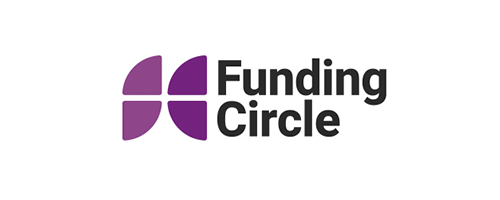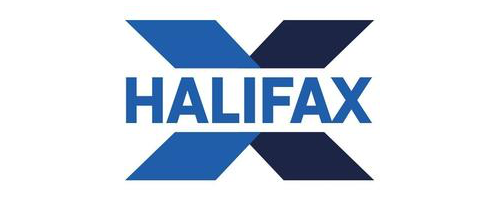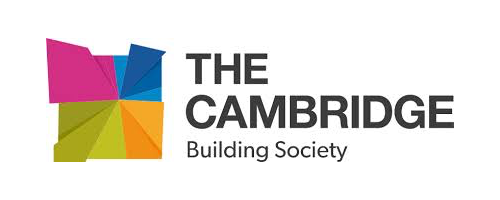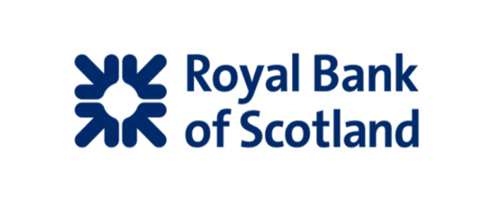Independent Legal Advice
✓
Instant Video Appointment
✓
ILA Certificate
✓
SRA Regulated Law Firm
✓
From £150 Plus VAT

✔ Online
Poppy LLB
Solicitor
How Can We Help You?
Please supply us with the following:
- Details of the borrower and reason for giving the guarantee/surety.
- Details of the mortgage offer/loan agreement.
- Contact details of the solicitors dealing with the transaction.
- What date/time you would like to schedule a solicitor on Skype, FaceTime or WhatsApp.
When obtaining a mortgage/loan there are often circumstances requiring a solicitor to certify that the borrower/guarantor has been made aware of all the risks and future financial implications.
Unfortunately this formality often appears right at the end of the application process and can result in delays, additional costs and added stress.
We are able to speed up this process by using Zoom, WhatsApp or FaceTime via video call.
We offer Independent Legal Advice whenever you need it at a very reasonable fixed price of £150 + (VAT).
We can schedule a time to suit you, and ensure a fast service with a certificate to meet mortgage/loan conditions that conforms to the lender’s requirements.
How it Works
1. Your Documentation
Once we have received your mortgage details and any other relevant documentation we are ready to have a video appointment.
2. Video Call (Zoom, WhatsApp, Facetime)
This will take typically take 10-15 minutes where the lender documentation such as a Director’s Personal Guarantee will be discussed and the associated risks.
3. Postage (Wet Signatures)
Once the relevant documentation has been signed and witnessed where required, (as wet signatures are still obligatory), these will need to be sent to us to be stamped and certified.
4. Digital Copies
We will then scan them, email you a digital copy and forward the originals to your solicitor on the same day they are received.
Types Of Independent Legal Advice
1. Director’s Personal Guarantee
Property purchases made within limited companies normally require Personal Guarantees from the directors. The lenders require security outside of the protection afforded by the company’s limited liability.
Each director will need to sign a Deed of Guarantee. We offer Independent Legal Advice to ensure that all the associated risks are completely understood. We will provide a solicitor’s certification and are able to witness any documents where required.
We work closely with all of the major Buy-To-Let company lenders such as Mortgage Works, Kensington, Precise, Paragon and Foundation Home Loans. As we are very familiar with each of their particular requirements, we are able to complete the process quickly and efficiently.
2. JBSP (Joint Borrower Sole Proprietor)
There are circumstances where the borrower is different to the person offering the lender security. An example of this is where a parent helps a child buy their first home. In this case, the parent may not be on the title deeds and therefore not directly benefit from the loan.
Independent legal advice is required to ensure there has been no “undue influence” where pressure is applied say from one family member to another to persuade them to do something to their benefit but to the detriment of the other.
3. Occupiers Consent To a Mortgage
Independent legal advice is most commonly used when a property is occupied by more than one person but not owned jointly. In this case the lender will require a document that waives the rights of the occupier who is not on the title deeds.
This is to ensure that the lender’s rights are not interfered with, should mortgage payments fall into arrears and repossession be necessary.
Common reference vocabulary by the lender.
- Form: Occupier’s Waiver
- Deed of waiver
- Deed of Postponement
- Deed of Consent
- The way in which it is worded could be differed from above
4. Transfer of Equity
Equity in a property is defined by market value less the amount of outstanding mortgage. Independent legal advice is required when there is change to the mortgage/ownership of the property.
An example of this, would be the transfer of equity into joint names as a result of marriage. Alternatively there may be a need to transfer equity from joint to sole ownership. Gifts may be made between family members.
5. Bridging Loans
There may be a time when a house comes on the market or a business proposition becomes available and short term funding is needed quickly. Bridging loans are available typically for a 6-12 month period at a high rate of interest, when high street banks are not able to help within the timescales.
Independent legal advice is needed as assets such as property will be used as security against the loan advance. The financial implications and their associated risks need to be fully explained to the borrower by a solicitor.
6. Equity Release
Equity release is a financial product offered to people approaching retirement age that would like to turn the equity in their property into capital. This enables them to be able to stay in their home and not have to downscale.
The borrower receives a lump sum secured by a mortgage over their property. Interest accrues and is added to the loan balance.
Independent legal advice for this type of transaction is mandatory.
Book Now












